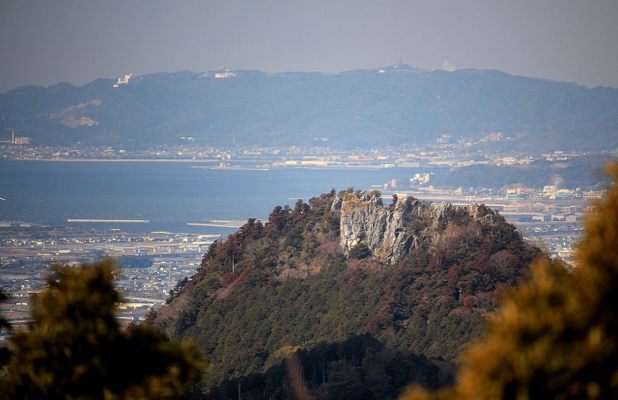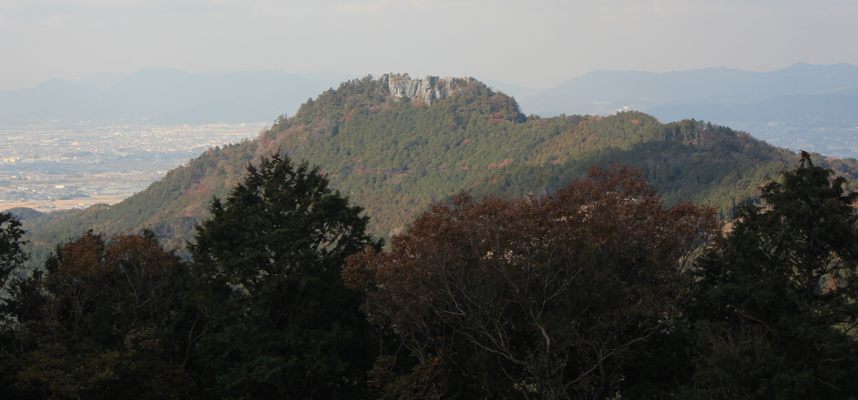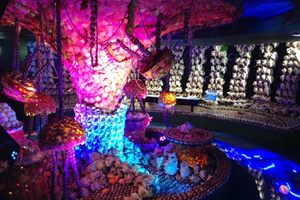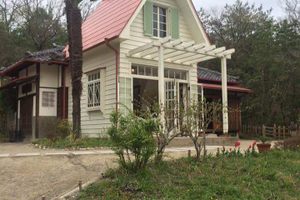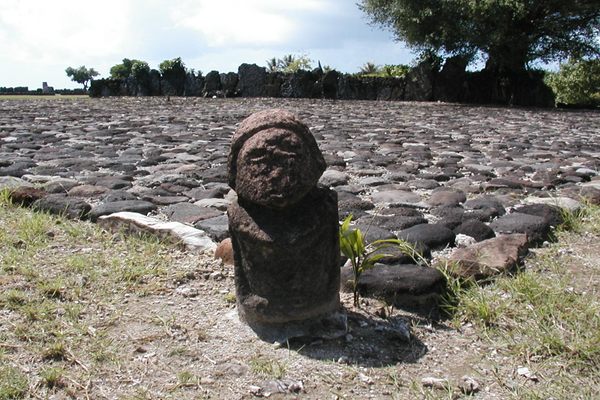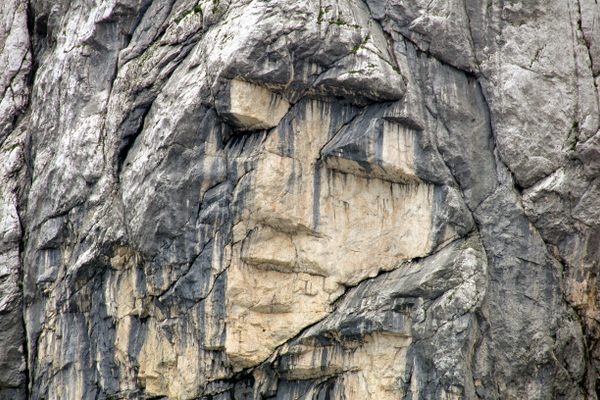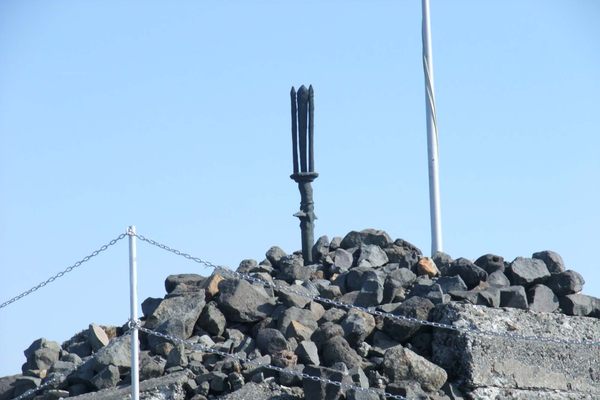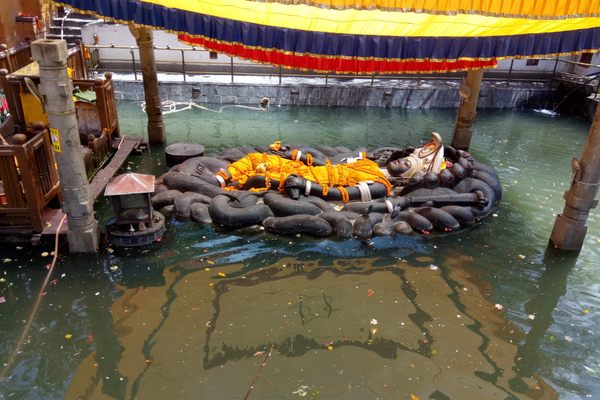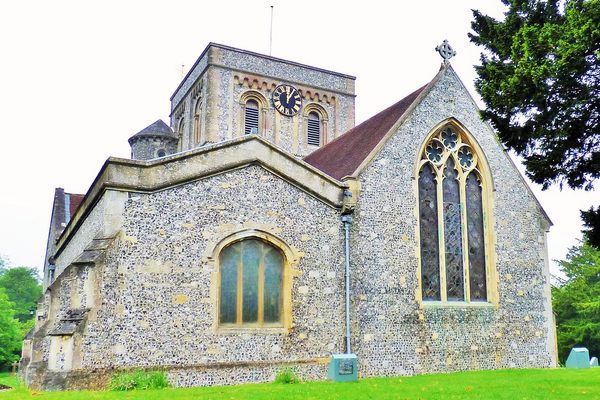About
Mount Ishimaki is an unusual mountain. Historically, it has been a subject of worship, and many a legend has been told over the centuries. According to one, those who climb to the top are said to be reborn into their new selves. It may also have been a place where Shugendō priests practiced their search for enlightenment.
Another legend is linked to Daidarabotchi, a mythological giant whose stories have been told across Japan since the eighth century. His alleged footprint can be found on the mountainside, believed to have been made when he urinated to create the Toyo River, one foot on Mount Ishimaki and the other on Mount Hongū, about 12.5 miles apart. There is a sign indicating the site, but it also explains that the "footprint" is actually a creation of erosion in a mass of limestone.
There is also a small cave where a giant white serpent is said to have lived in. A long time ago, when people from the nearby village climbed Mount Ishimaki to pray for rain, the serpent emerged and told them to build a shrine, a common trope in Japanese folklore. Right after the shrine was founded, water sprang from between the rocks and the village was saved from drought.
This spring is believed to be what is known today as the Konoshiro Pond on the mountainside of Ishimaki. It is still drinkable, and local people believe that the water gives whoever drinks it immunity from diseases, disasters, and accidents. Today, it is also known as a "power spot," visited by those who wish for the fulfillment of love.
Mount Ishimaki is also known today for numerous ghost and UFO sightings. This led to the urban legend that the mountain is not a natural creation, but an ancient artificial pyramid, perhaps built by extraterrestrials. Of course, such theories have not been confirmed.
A large part of Mount Ishimaki is formed by limestone, and such plants as spirea and pteridophytes that grow on its summit have been designated as a National Natural Monument. On the mountain are a shrine, a museum of natural science, hot springs, and a ryokan (inn).
Related Tags
Hidden Japan: Sado Island, Nara & Kyoto
Explore a different side of Japan.
Book NowCommunity Contributors
Added By
Published
July 4, 2023

